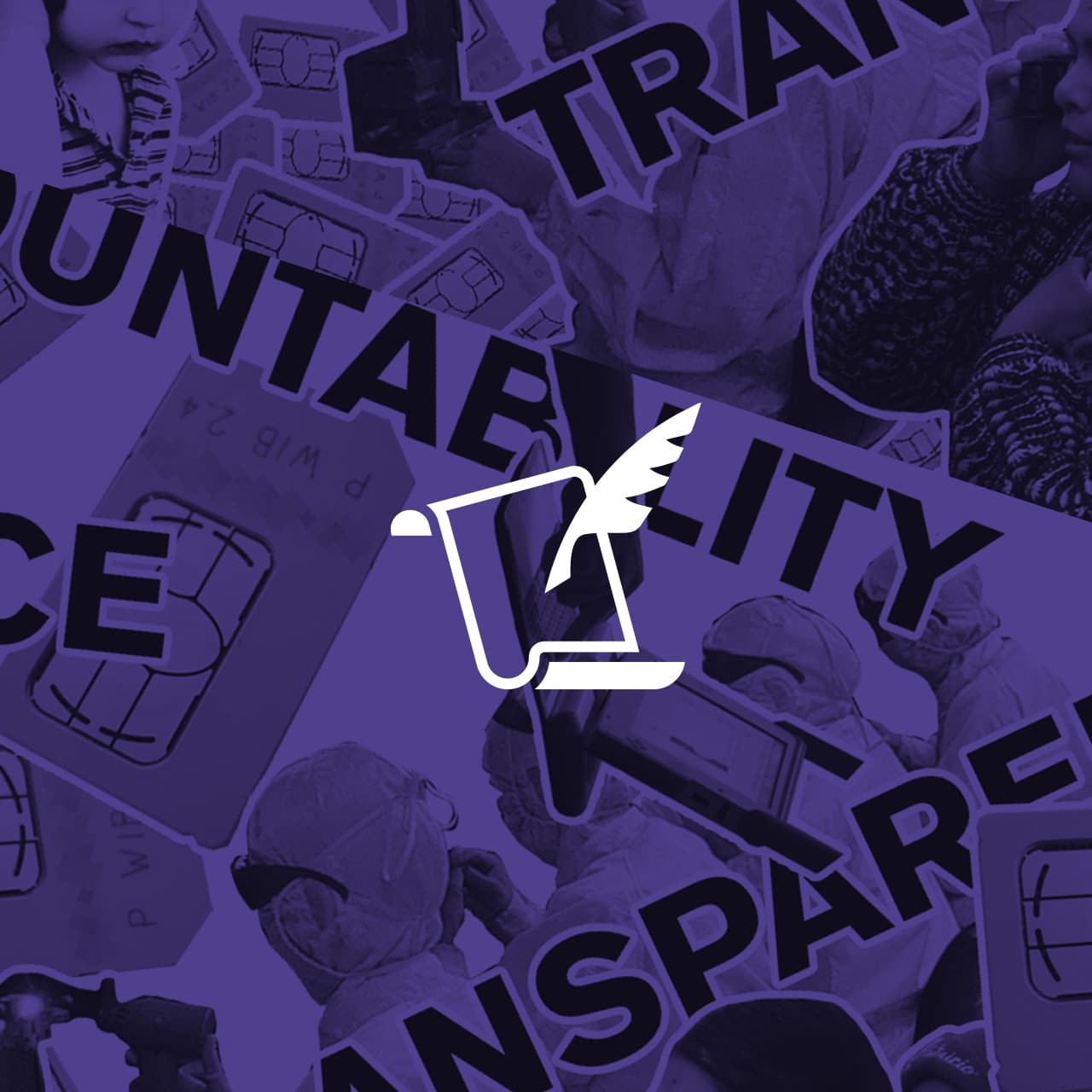Next week I’ll travel to Dalian, China to participate in the World Economic Forum’s Annual Meeting of the New Champions. Dalian’s inclusion as the host of the conference is in many ways a recognition of China’s role not only in manufacturing the world’s leading technologies, but also the country’s increasing leadership in innovating the technologies of tomorrow. China’s increasingly important voice in this brave new technological world is exciting, but also requires scrutiny.
The World Economic Forum has a reputation as a playground for some of the wealthiest powerbrokers in the world, so when civil society stakeholders like Access are invited, it gives us with an opportunity to influence and shape decisions and discussions. My particular session will be facilitated by Mariette DiChristina from Scientific American, a publication with a reputation of encouraging critical inquiry into science and technology. We’ll be speaking about socially disruptive technology and I will be framing my comments to address its impact upon digital rights and users at risk.
In the lead-up to the event, I’ve taken the time to speak with a range of stakeholders who are familiar and experienced with the opportunities that China’s vibrant social media life offers, as well as the associated challenges of accessing information and communications online.
As I’ll explain on stage, we have all seen the fantastic advances and improvements brought about by disruptive technology in the daily lives of people across the world. The internet has been one of the leading forces of that development, with the potential of empowering us in a manner perhaps never before seen. I believe that across the world, we must act to ensure that all internet users are able to access information, communicate, and collaborate. It is only by advancing this goal that we can fully realize the positive benefits of technology for all persons and nations.
Transparency plays a central role here, and it has also become an important norm of doing business in the technology sector globally. Chinese firms would greatly benefit if they were to seize the opportunity to accelerate their efforts and corporate practices in this regard. We have seen how transparency has offered a competitive advantage for tech companies, particularly with respect to gaining users’ trust by providing them with information about how they protect their security and respond to government requests.
But as a new and leading actor, China’s digital sphere should also focus on good cybersecurity policy that protects everybody — individual users, firms, and the community — and we must see the building of secure, encrypted communication networks for individual users and businesses as a key objective in this new technology era.
A strong committed approach to meaningfully protecting privacy and advancing digital security must also underpin our approach to technological progress — whether we speak of the role of governments, regulators, firms, or innovators across the world. It is a challenge to get it right whether you are in Australia, Europe, or China — but we must strive to protect and advance the privacy rights of users at every opportunity.
Technology impacts us all, sometimes by disrupting our lives, or sometimes — for many millions of people — by excluding them from its promise, leaving them separated by a digital divide. Disruptive technology of the kind that we will be discussing at the World Economic Forum can be beneficial for companies, nations, and individuals only when transparency, good cybersecurity, and commitment to user privacy have been ensured.
I look forward to sharing insights from the conference when I return. Meanwhile, you can follow me on Twitter at @solomonbrett or follow Access at @accessnow.
